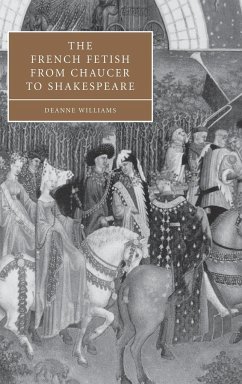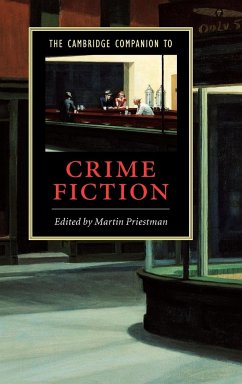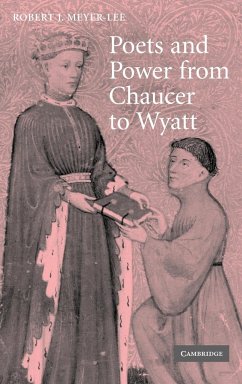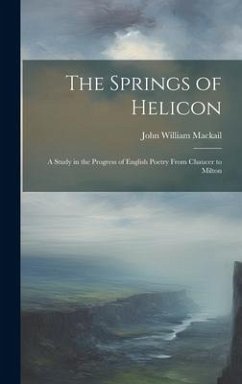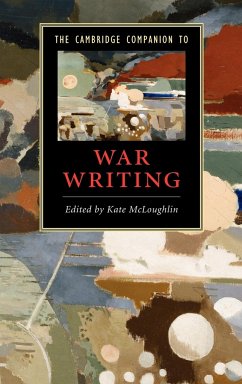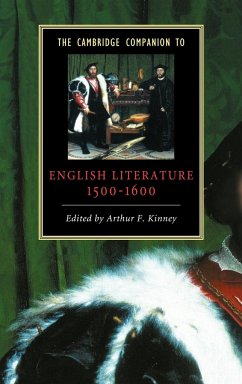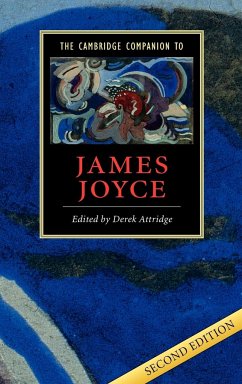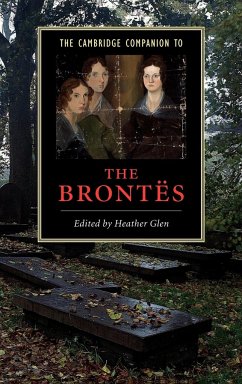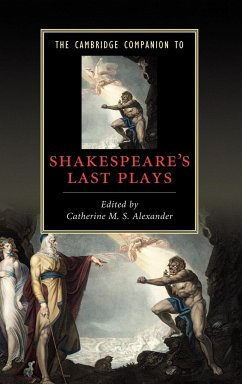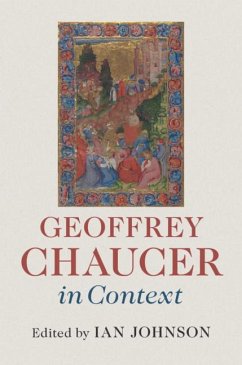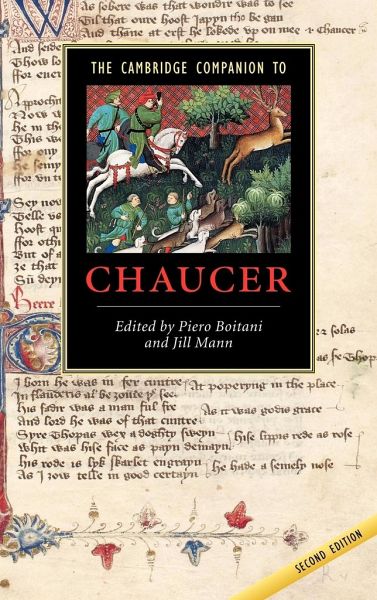
The Cambridge Companion to Chaucer
Versandkostenfrei!
Versandfertig in 1-2 Wochen
109,99 €
inkl. MwSt.
Weitere Ausgaben:

PAYBACK Punkte
55 °P sammeln!
The Cambridge Companion to Chaucer is an extensively revised version of the first edition, which has become a classic in the field. This new volume responds to the success of the first edition and to recent debates in Chaucer Studies. Important material has been updated, and new contributions have been commissioned to take into account recent trends in literary theory as well as in studies of Chaucer's works. New chapters cover the literary inheritance traceable in his works to French and Italian sources, his style, as well as new approaches to his work. Other topics covered include the social...
The Cambridge Companion to Chaucer is an extensively revised version of the first edition, which has become a classic in the field. This new volume responds to the success of the first edition and to recent debates in Chaucer Studies. Important material has been updated, and new contributions have been commissioned to take into account recent trends in literary theory as well as in studies of Chaucer's works. New chapters cover the literary inheritance traceable in his works to French and Italian sources, his style, as well as new approaches to his work. Other topics covered include the social and literary scene in England in Chaucer's time, and comedy, pathos and romance in the Canterbury Tales. The volume now offers a useful chronology, and the bibliography has been entirely updated to provide an indispensable guide for today's student of Chaucer.





